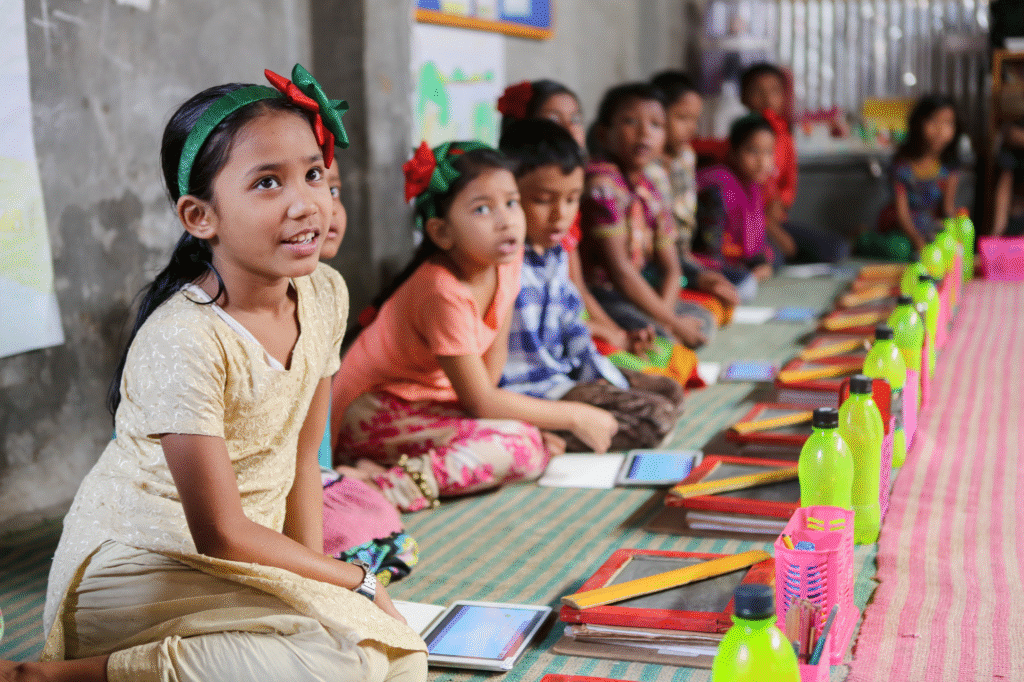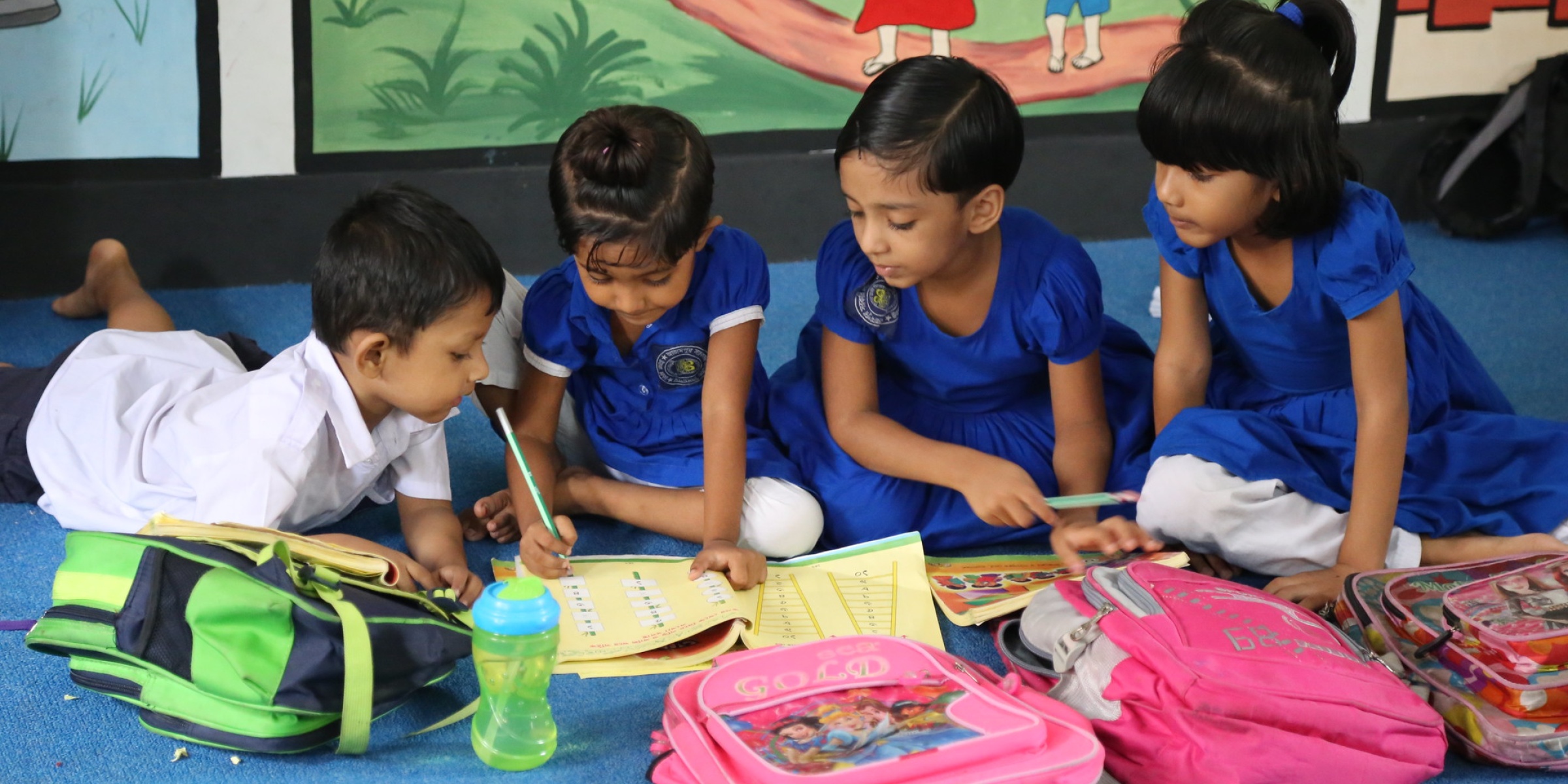Education is a basic human right. If the underprivileged and marginalised people are left behind to learn that primary education, Bangladesh will face a setback. Education is a fundamental right of every citizen. But even though Bangladesh is moving forward with new buildings and schools in the name of advancing primary education, the supply of expected students is becoming uncertain.
According to the World Bank, Bangladesh spends $249 in the primary sector, which is the second lowest in South Asia. Bangladesh spends 72% less and has 70% lower income than other South Asian countries.

Muhammad Salahuddin, in his research on progress and problems of primary education in Bangladesh (1971-2020), found that primary schools, teachers, and students in Bangladesh have increased tremendously in the last fifty years. The participation of female students has increased by 20%. 58.2% of primary school teachers are women. Student enrolment increased by 45%, and dropout from school decreased by 61% (1976-2020).
Despite this, the study says that various government decisions have not yet been implemented in primary education. The influence of teachers in making students enjoy school has been greatly reduced, which has led to the collapse of the primary school sector in Bangladesh.
Before a student knows the letters, he is known as a bricklayer, a waiter in a restaurant, or an employee of a tea shop. The future of marginalised children is threatened today due to low income, economic distress, and the lack of effective government measures. Section 35 of the Bangladesh Children's Act 2013 and Section 34 of the Bangladesh Labour Act 2006 prohibit children from working. Moreover, almost 30% of children in Bangladesh are entering work at the age of 10 every year.
In 2020, the Business Standard published a report on low-quality primary education in Bangladesh. According to the World Bank, even a 10-year-old child in Bangladesh cannot read properly. About 57% of children suffer from this problem. According to the Bangladesh Bureau of Statistics, 49% of children aged 7-14 years have a general understanding of reading and number recognition skills. Although 98% of children are enrolled in primary school, 6.4% are missing out due to family pressure and economic distance. 82.6% of students complete primary school, but 89.5% of students are enrolled in high school.

The education system in Bangladesh does not have any kind of allocation for students. The government spends 90 per cent of the money allocated to the education sector in the national budget every year for the salary of teachers and infrastructure development. The government is running primary schools without taking any steps to improve the quality of educational institutions, said the Bangladesh Bureau of Statistics. When education is being negotiated, another generation is being destroyed. In their study, Structural and Qualitative Challenges in Bangladesh's Primary Education Results, Muhammad Rehan Masoom and Imtiaz Ahmed found that the primary education system in Bangladesh is deteriorating due to the student-teacher ratio and inefficient teachers in providing primary education. Primary education is on the verge of destruction as educational institutions in different parts of Bangladesh are not teaching in their own structure and cooperating with the education board as expected. Apart from poverty, health, and malnutrition problems, the primary education system in Bangladesh deteriorated after Covid-19 in 2019. Primary education is a class system.
Politicisation of education, inadequate facilities, and mental trauma of children in the classroom are making the primary education system more difficult.

Education is like a big building. The stronger the base, the higher the height. But as in the past, primary and secondary education is the most neglected under the present government. The government believes that education will improve only if a university is established in the district. Don't ignore primary and secondary. As the pass rate and GPA-5 increase, the quality of education decreases. Two years ago, 2 per cent of the students seeking admission in the English department of Dhaka University were successful, while the remaining 98 per cent failed. I fear that the way the government is taking up elementary and secondary education, it may fail 100 per cent in the future. The destruction of education in the name of promoting education should be stopped immediately.

